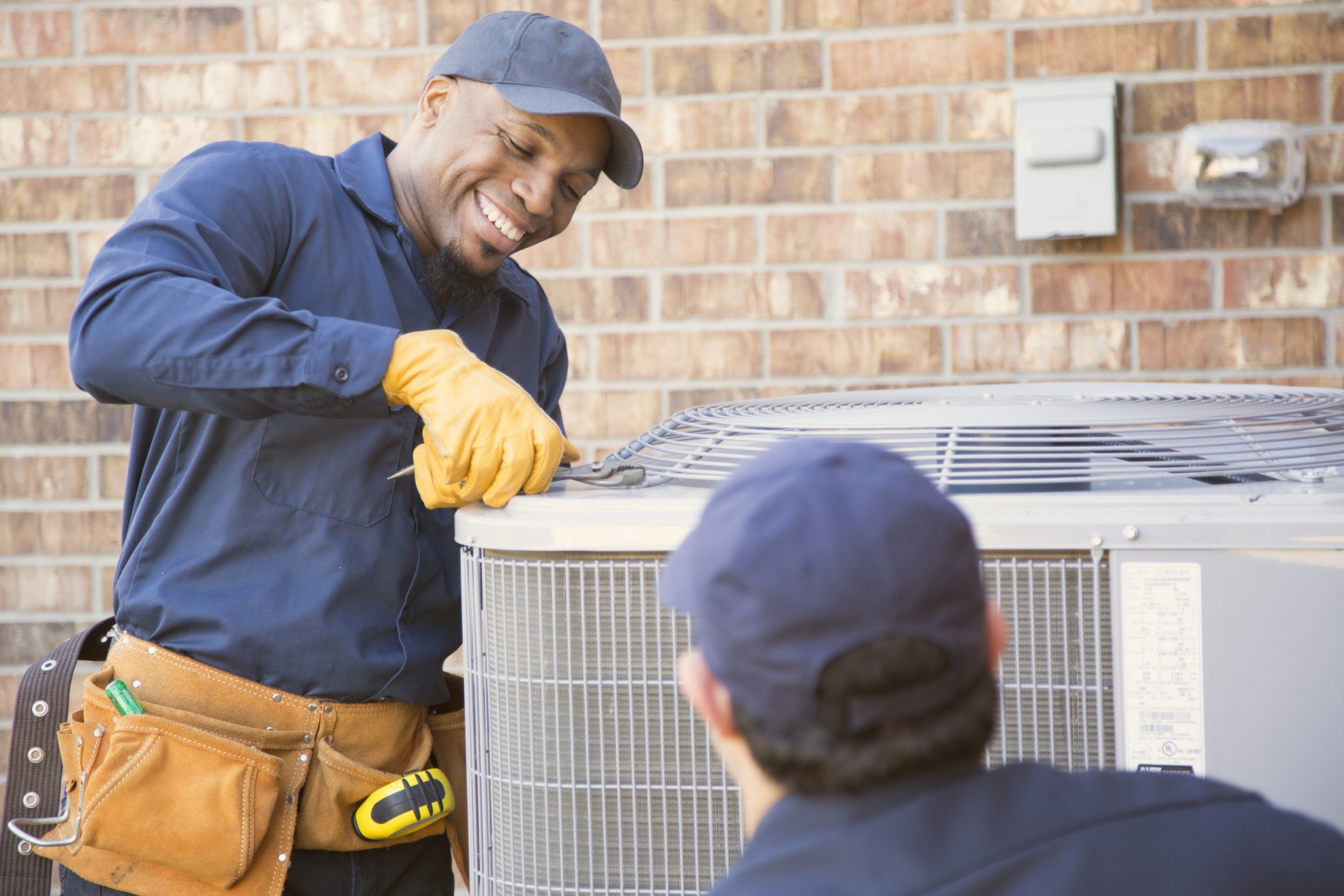Search for topics or resources
Enter your search below and hit enter or click the search icon.

Your air conditioner isn’t working the way it’s supposed to, that much is clear. You know something’s wrong, but does it count as an emergency? Is it something you should really call 24/7 line for, or can it wait until morning or a later appointment date?
Fear and discomfort hit you in the moment and it makes every AC repair request feel like it’s an emergency. Let’s assure you right now that while it’s our priority to get your air conditioner back up and running, not every repair need counts as an emergency. Let’s talk about what really counts as an emergency.
An electrical hazard should be immediately treated as an emergency. So what is an electrical hazard within your AC? IIf you notice visible wires, any sparks coming off of your air conditioner, or anything of the sort that seems electrical, don’t try to interfere. This counts as an emergency and you should call your HVAC company as soon as possible to get it fixed.
Your air conditioner pulls humidity out of the air. The more humid the air in your home is, the harder it is to cool, but that’s not the only problem. High relative humidity levels (RH) also create breeding grounds for mold to grow.
Humidity in the air becomes a problem when your RH level hits around 60%. When it climbs to 70%, it’s just a matter of time until mold begins to grow around your home, particularly in the corners of your rooms.
You know what your air conditioner is supposed to feel like. The minute something goes wrong, you’ll be able to tell because it will stand out from how you normally feel in your home.
This could be a sign that your blower motor has gone out, or it could be a fan sensor within the blower motor. Either way, it’s not good, and your home won’t get cool or stay that way if you don’t have sufficient airflow.
While it’s uncommon for this problem to happen inside of your home, water leaks are a very real threat to your air conditioner. This counts as an emergency every single time. Your AC pulls condensation out of the air and leaves it in a drip pan, where it then runs down a condensate drain line outside of your AC and away from your home.
That’s how it’s supposed to work, at least. If you find water in your home and it appears that it comes from the air conditioner, it means there’s blockage and your AC could actually flood.
We’re here to help you with your air conditioning emergency. Whether it’s on the list, or you just need to call and see if your AC problem counts as an emergency, we’re here for you. And we’ll get this problem fixed in a flash.
Contact A&E Heating, Plumbing & Air today to schedule your AC repair as soon as possible.
Topics: